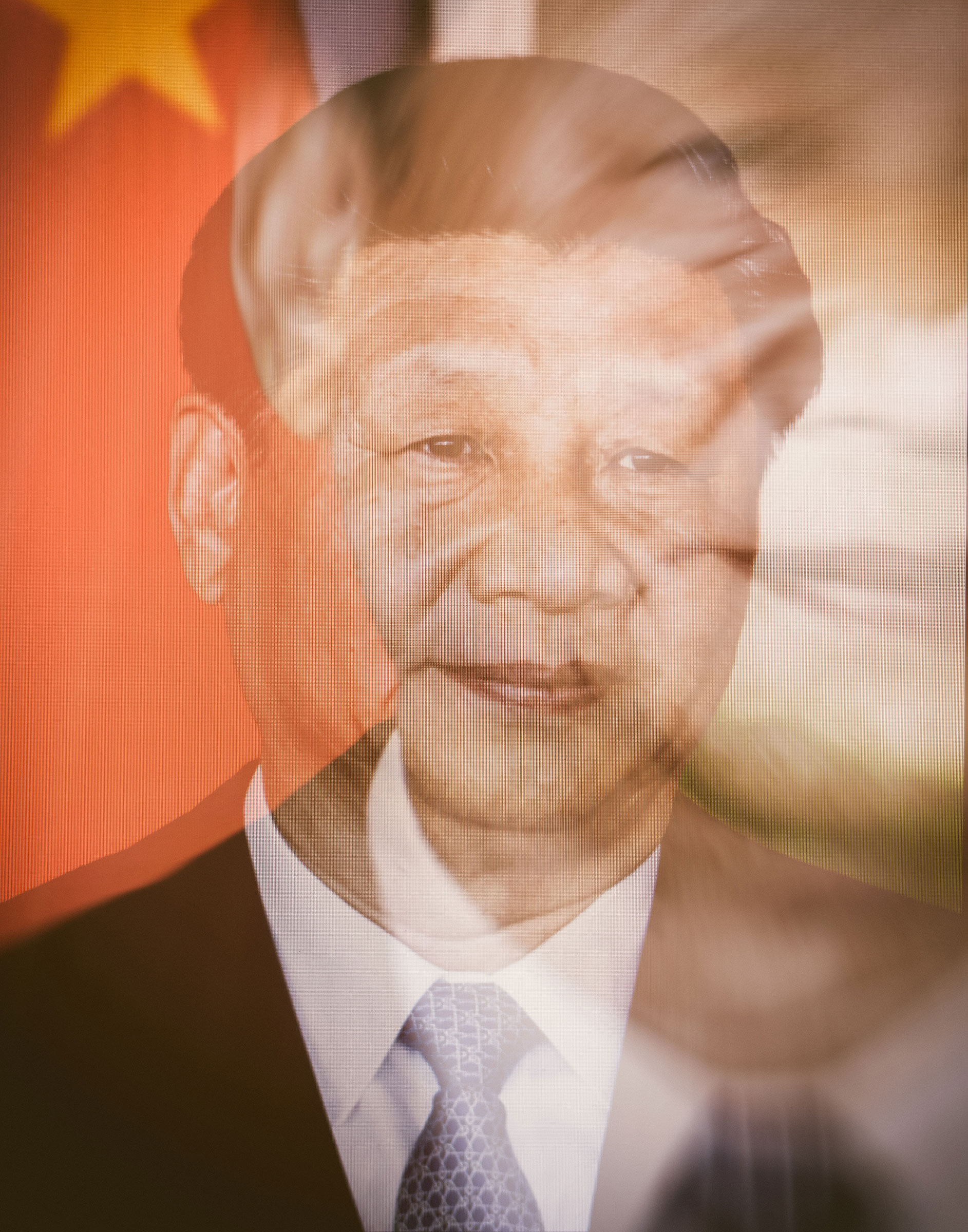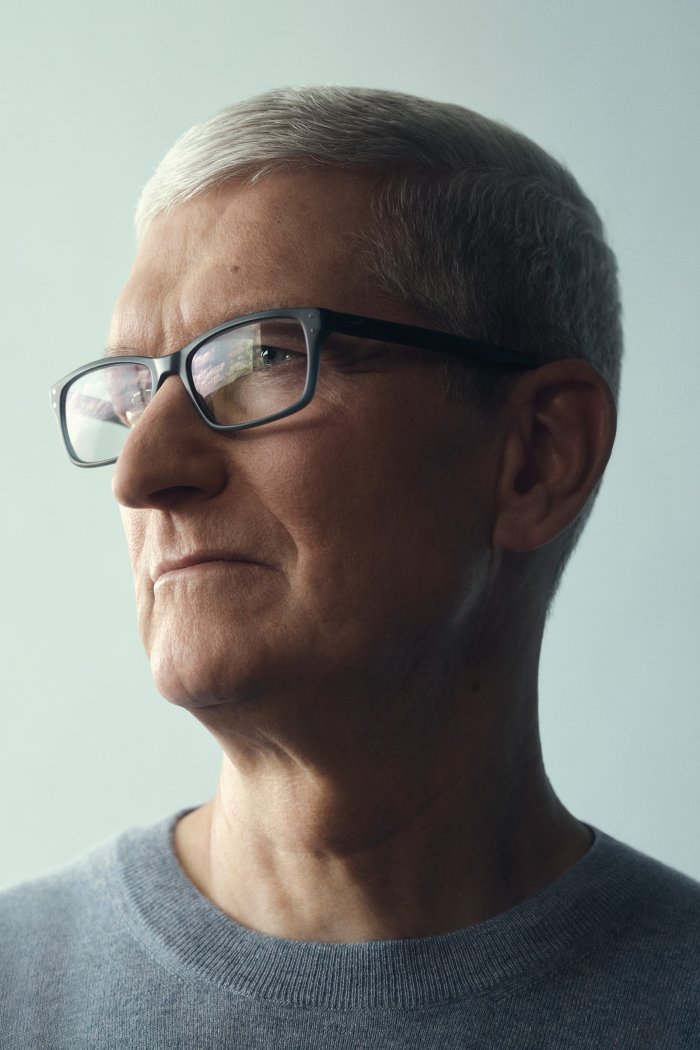Xi Jinping has had a profound impact domestically and globally since ascending to power as Communist Party General Secretary in 2012, soon after which he became President and since has developed the biggest Chinese personality cult since Mao’s.
The easiest way to describe this impact used to be by listing things he did, from launching the Belt and Road Initiative—a massive infrastructure investment strategy to expand China’s influence globally—to starting a crackdown on corruption and ratcheting up one on civil society with the secondary goal of eliminating political rivals. He also did away with a constitutional provision aimed at preventing rulers for life and, after a cover-up of a new virus’s spread caused global harm, implemented a zero-COVID policy that succeeded in minimizing the disease’s domestic spread but has locked millions in their homes.
To assess Xi’s particular impact in 2022, however, it’s worth highlighting four things he has not done but might have: reconsidered the zero-COVID strategy that has been criticized by the World Health Organization chief as “not sustainable”; reversed course on Xinjiang, the site of horrific human-rights abuses; distanced himself from a warmongering Vladimir Putin; and, of course, named a successor.
Wasserstrom is the Chancellor’s Professor of History at UC Irvine and author of The Oxford History of Modern China
- Cybersecurity Experts Are Sounding the Alarm on DOGE
- Meet the 2025 Women of the Year
- The Harsh Truth About Disability Inclusion
- Why Do More Young Adults Have Cancer?
- Colman Domingo Leads With Radical Love
- How to Get Better at Doing Things Alone
- Michelle Zauner Stares Down the Darkness





